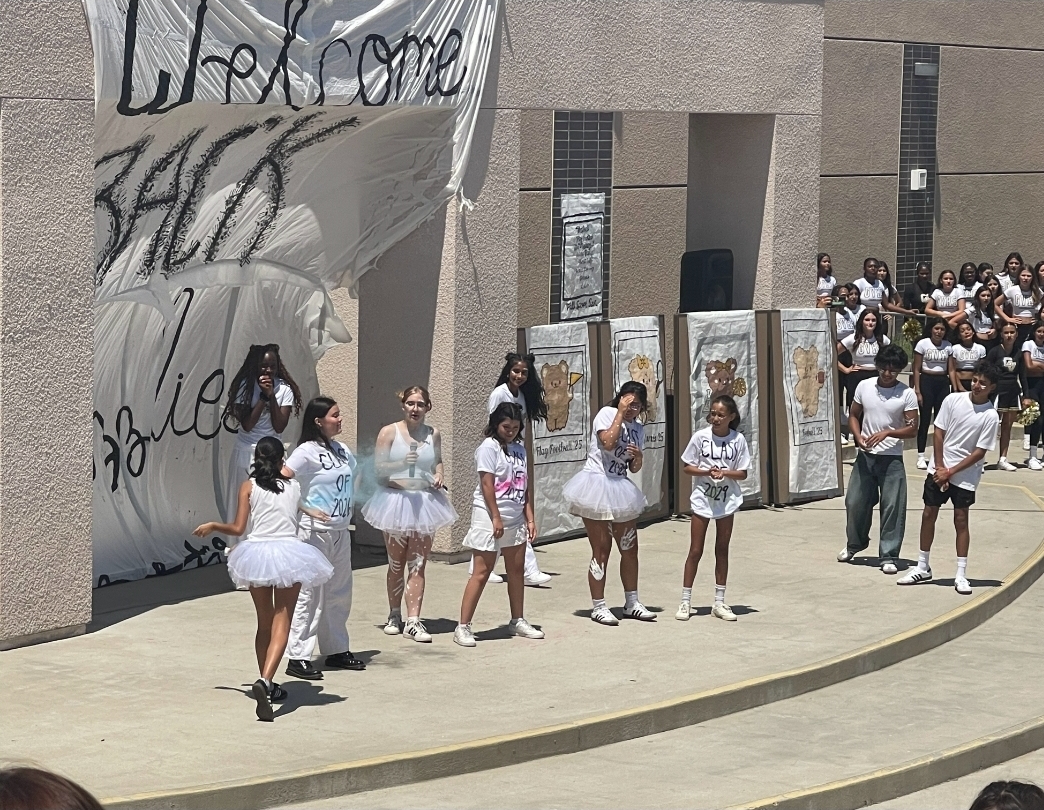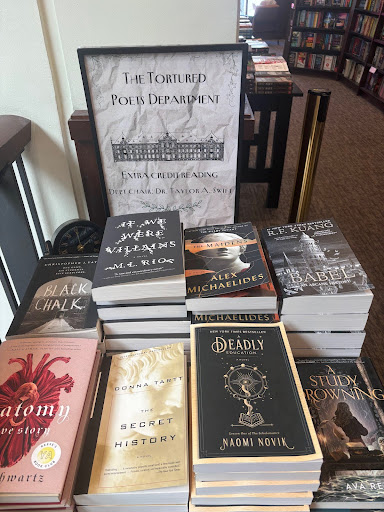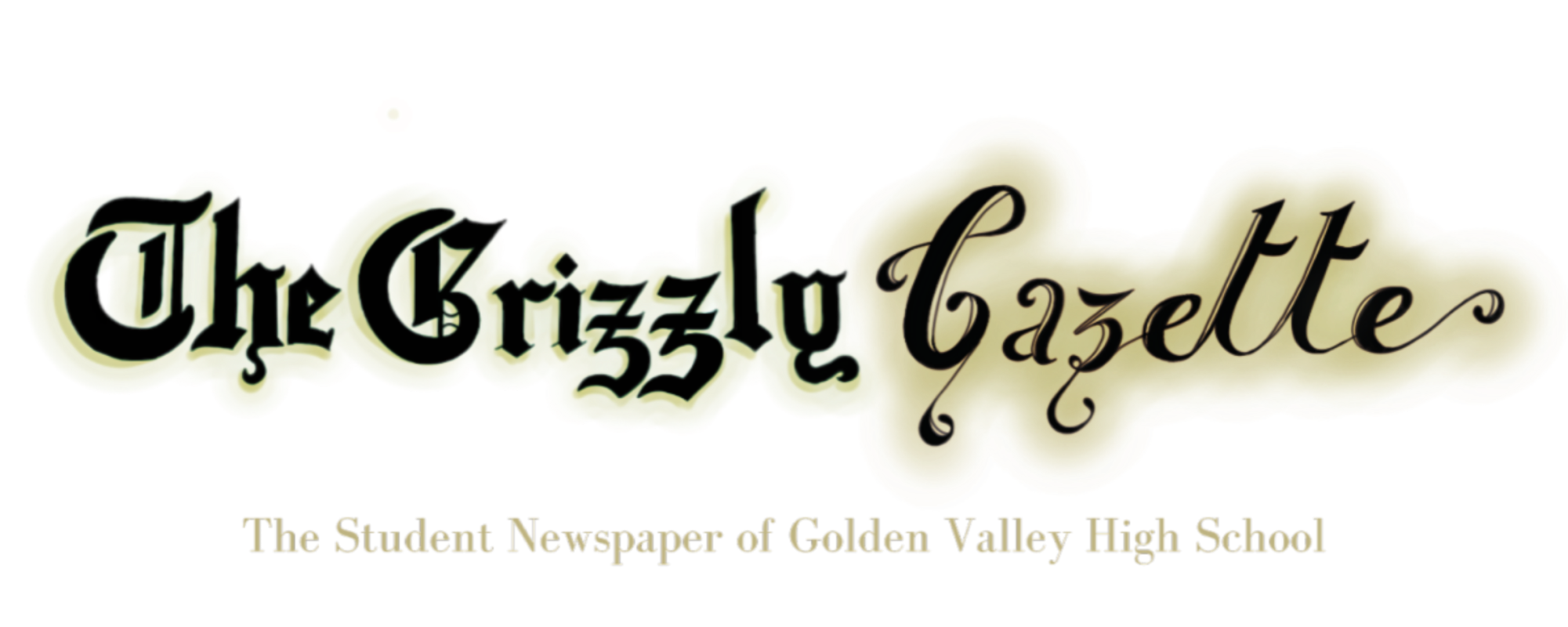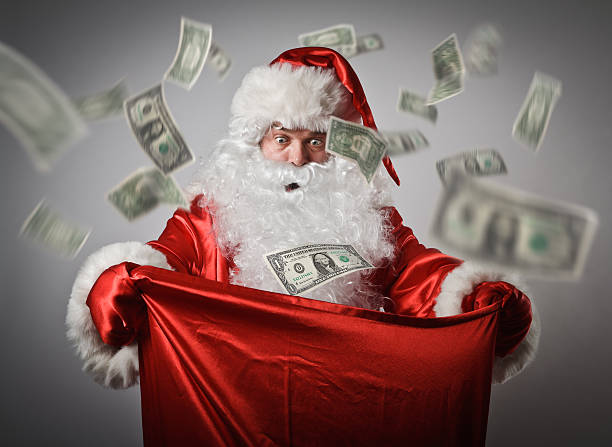What’s With Americans’ Intense Love for Christmas?
Is Christmas the Backbone for the American Economy?
Santa Claus, who is considered the fictionalized “Father of Gifts” has an abundance of money to spend on gifts.
The Christmas holiday generally receives a lot of attention in American culture. It is mostly celebrated by Christians on December 25, as they celebrate the birth of Jesus Christ; however, many others also participate. Despite it being a religious occasion for many, the state has held it as a legal “holiday”.
Other religious holidays are still celebrated in a similar time frame such as the African American Kwanzaa and the Jewish Hunakkah. Christmas, on the other hand, is more expensive than many people believe.
The typical American family spends $246 on gifts and $764 on Christmas shopping when calculating the cost of the holiday. The money can be used for toys, food, decorations, and more, no matter how you divide it.
A very big impact is the job opportunities that it creates as it also opens up opportunities for retailers, which contributes to the creation of additional jobs. Even the White House is reported to be decked out with more than 83,000 twinkling lights on trees, garlands, wreaths and other displays. There are 77 trees and 25 wreaths on the exterior of the executive mansion.
It is estimated that the Christmas and holiday shopping seasons account for a quarter of consumer spending in the United States. The monetary change that comes with the holidays are approximately department store spending increasing by 54% from $20.8 billion in November 2004 to $31.9 billion in December 2004, according to the US Census Bureau.
Other examples are seen as bookstores saw a 100% increase in pre-Christmas spending, while jewelry stores saw a 180% increase. In the two months leading up to Christmas, the number of retail employees in the United States increased from 1.6 million to 1.8 million. As a result, this holiday season, consumers are spending more and creating more job opportunities as sales rise to meet increased demand.
The Myths That Stole Christmas, written by David Kyle Johnson, contends that the prevalent notion that Christmas is beneficial to the economy is erroneous and that festive spending actually contributes to the formation of a credit bubble that boosts the economy through extravagant spending that makes it worse.
With Secret Santa, White Elephant and other sorts of emphasis on gifts, there tends to be a social expectation to spend hard earned money on Christmas presents.
The Spectator in the United Kingdom had collected data of the difference between radio stations in older years versus recent years: “Some would play carols non stop after 6 p.m. on Christmas Eve. Today, the streaming wireless network Sirius XM Radio has 16 whole channels dedicated to different sub-genres of holiday-season music, and they run all month long.”
As the holiday comes, it is expected that people have already been creating a Christmas list, planning a family trip and have started to contact your family for a meet-up while blasting Christmas music in the back. The United States is becoming more and more into festivity regardless if it affects the economy or not.

Alexandra Abdo, a senior taking part in the journalism program at Golden Valley High School. Alexandra is managing editor overlooking and leading the marketing, communications, digital, and student submissions team. Other than her leadership position she also enjoys writing many various topics such as CLORG news, political breaking news, and other opinion pieces. Alexandra really values awareness, especially cultural awareness as she finds that being aware of what is happening outside of our own little bubble is crucial for personal and community success and growth. Based on her personal experiences, she feels that being in the newspaper gives her the opportunity to raise awareness that she is truly passionate about and that she feels people do not pay attention to. Alexandra had been a part of Golden Valley since freshman year and has found many programs and institutes in Golden Valley that takes leadership in. She found her passion for debate and uses that passion to participate in...





















